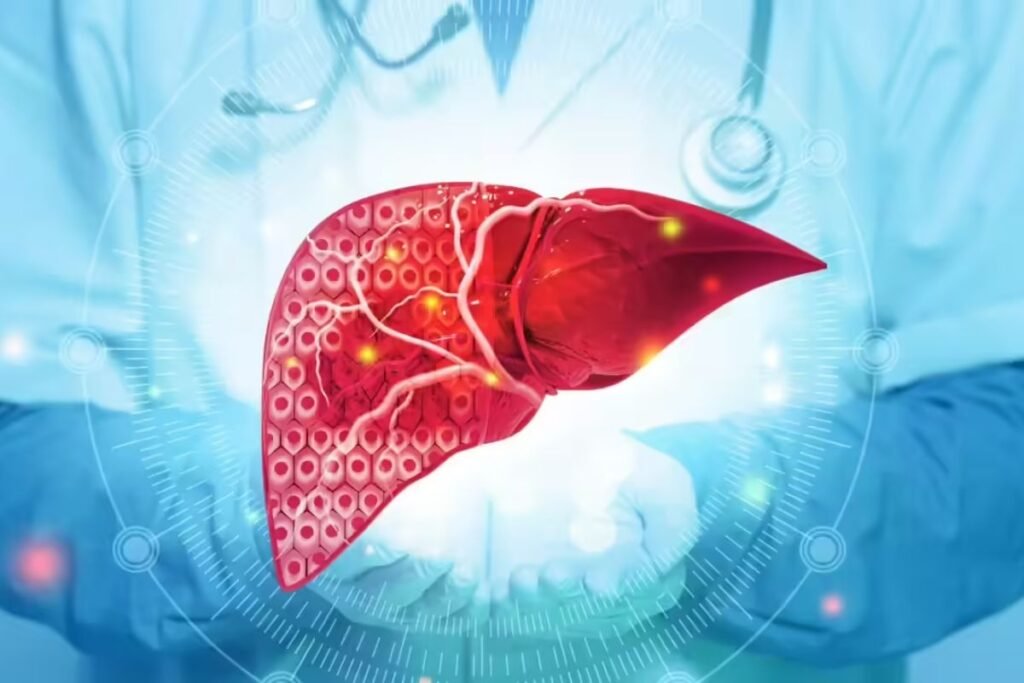
- Source: timesofindia.indiatimes.com
A groundbreaking report from the Lancet Commission on Liver Cancer has issued a stark warning: liver cancer cases are expected to nearly double by 2050, reaching an estimated 1.5 million cases annually—up from 870,000 in 2022. The disease already ranks among the top three causes of cancer-related deaths in 46 countries, underscoring its deadly and growing impact.
This alarming projection is attributed to a combination of factors including population growth, ageing demographics, and the rise of obesity-related liver diseases such as metabolic dysfunction-associated steatotic liver disease. A report in The Guardian highlights the global scale of the crisis, calling liver cancer “a silent killer” often detected too late for effective treatment.
In India, Deccan Herald points to similar concerns, emphasizing the need to address local risk factors such as alcohol consumption, viral hepatitis, and poor awareness of liver health.
Up to 60% of Liver Cancer Cases Can Be Prevented
Despite the grim forecast, medical experts remain optimistic that 60% of future liver cancer cases are preventable—if appropriate interventions are implemented. These include:
- Hepatitis B vaccination, especially in infancy
- Universal screening and treatment for hepatitis B and C
- Reducing alcohol consumption
- Addressing obesity through diet and physical activity
According to the Lancet study, simple yet large-scale public health interventions could prevent 17 million cases and save 15 million lives over the next 25 years. Notably, the fatty liver condition MASLD, which now affects one in three adults globally, is poised to become the leading cause of liver cancer by mid-century unless curbed through preventive strategies.
Dr. Morris Sherman, one of the report’s authors, noted in an interview with NBC News that the public often underestimates liver cancer because “it’s not talked about as frequently as breast or lung cancer, but it’s just as deadly”.
Policy and Public Health Measures Crucial for Change
The Lancet Commission recommends a multi-pronged public health approach, urging governments worldwide to prioritize liver cancer prevention. Key policy recommendations include:
- Scaling up hepatitis B vaccination at birth
- Alcohol pricing policies and warning labels
- Sugar taxes and obesity-reduction initiatives
- Increased access to screening and palliative care
These efforts, the report argues, must be tailored to regional needs. In countries like India, where hepatitis infections and alcohol misuse are rampant, early intervention and public awareness are especially critical.
Public health experts also stress the importance of education and health literacy campaigns. “Most people don’t realize liver cancer can be prevented,” said Dr. Isabelle Soerjomataram of the International Agency for Research on Cancer (IARC). “That’s the message we urgently need to change.”
The data is clear: liver cancer is on track to become a public health catastrophe—but it doesn’t have to be. With strategic investments in vaccination, screening, and lifestyle education, millions of preventable deaths can be avoided. The clock is ticking, and the path forward hinges on global awareness and coordinated action.



